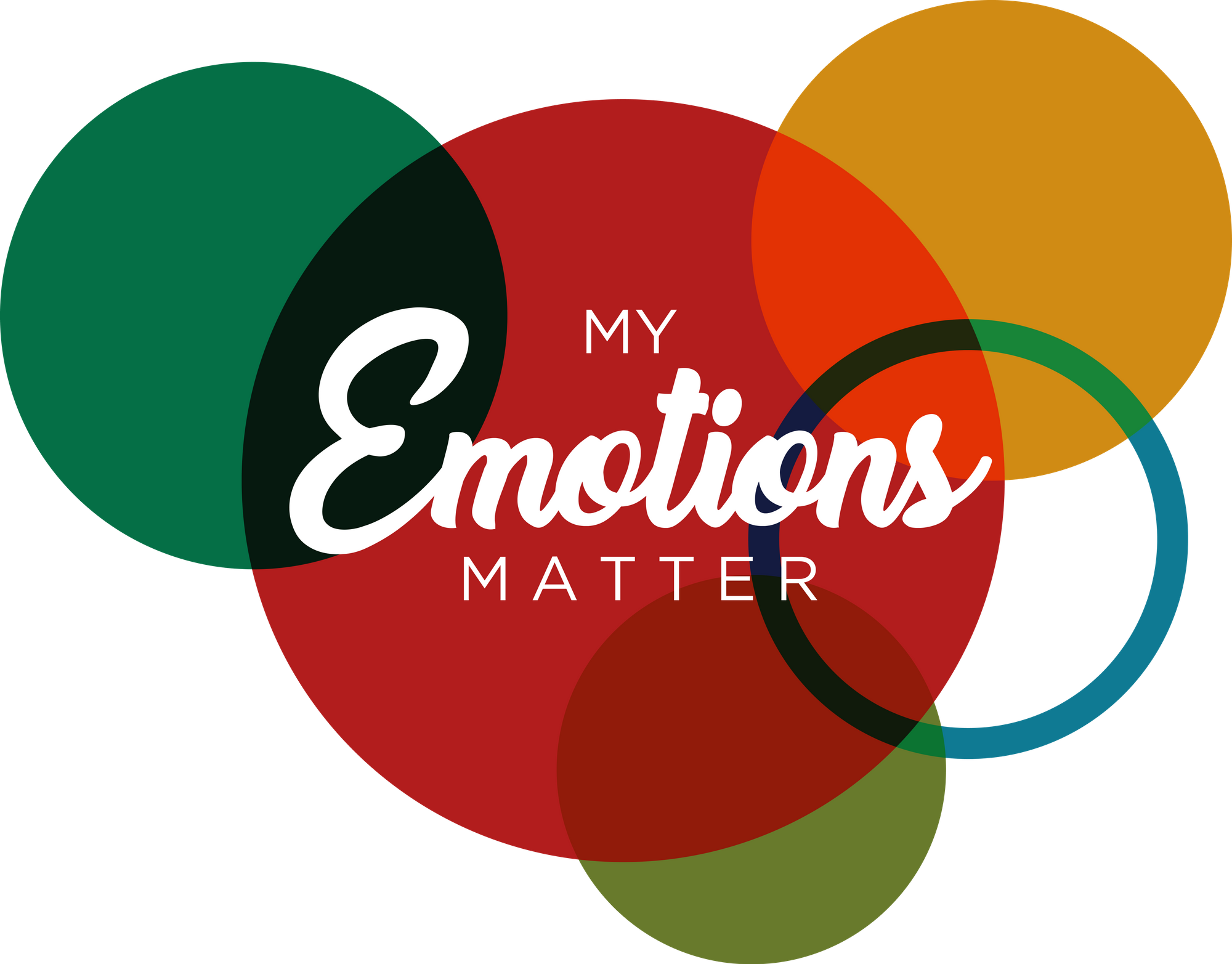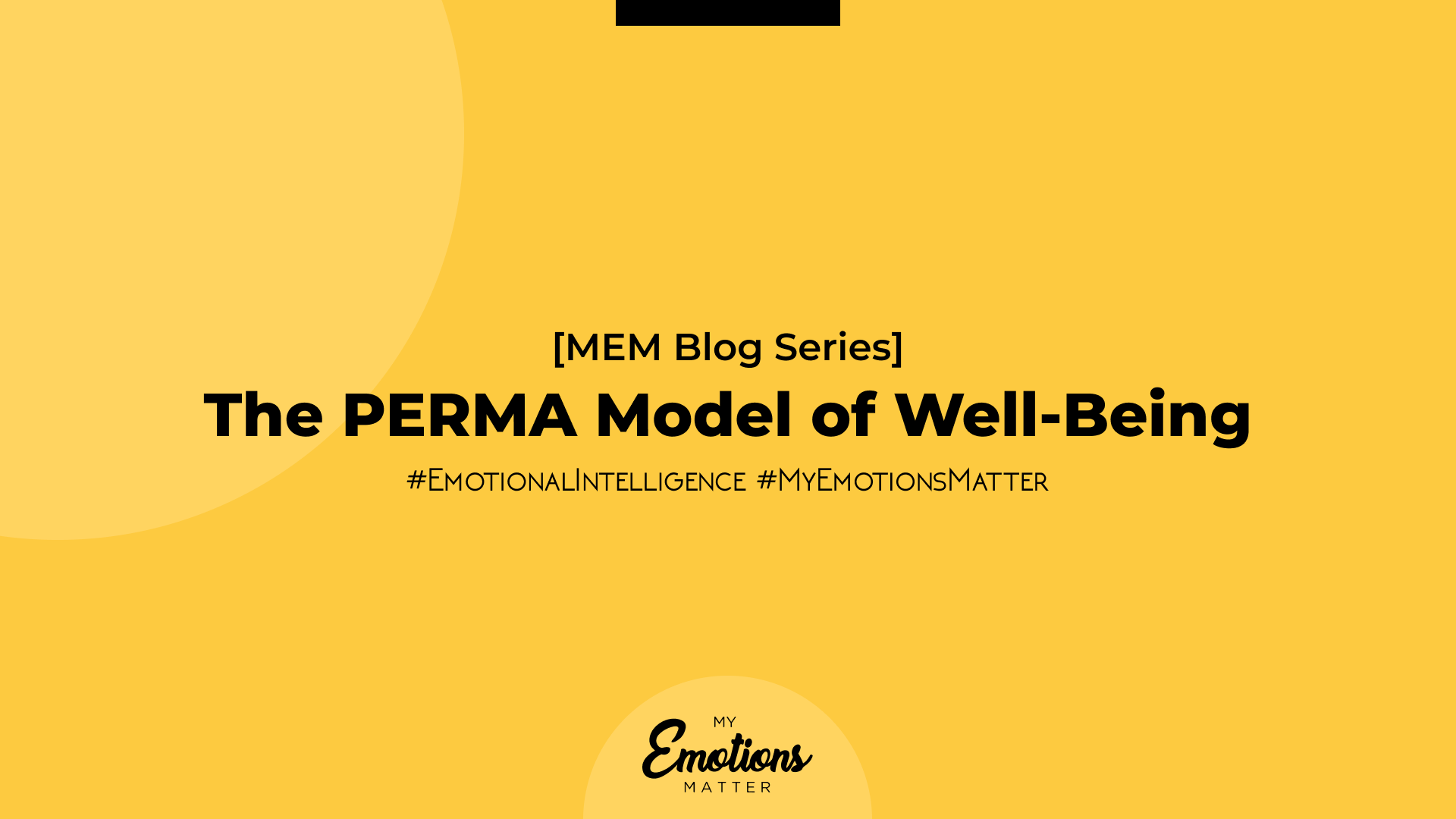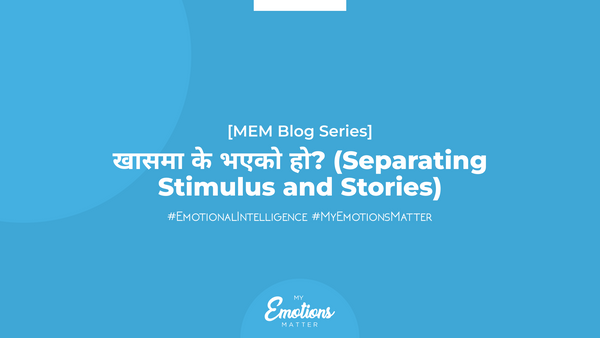The PERMA Model of Well-Being
I’m sure we have all felt frustrated, disappointed, hopeless, or sad when things didn’t go as planned or we couldn’t meet our expectations. In such situations, developing a sense of pessimism is natural because we see no way out or become weighed down by dread. We usually begin to think that the problem or the situation we find ourselves in will remain permanent, negatively impact all or most areas of our lives, and stop seeing possibilities or the choices to overcome the problem. It is the reason why pessimism usually has a negative connotation.
Just like about anything in life, pessimism also has some potential upsides. Pessimism can increase the likelihood of our doing something well. For example, when sending a proposal for collaboration to a new client, having a sense of pessimism will allow me to identify the potential reasons why they would say no or might not necessarily like what I propose. Anticipating these factors can help me become more mindful of the client's needs and work on the proposal accordingly. What’s more—I can also be in a position to offer alternatives if one collaborative idea isn’t received well. In this sense, it helps to have a healthy sense of pessimism to ensure preparedness and broaden our thinking generally. However, sustained and excessive indulgence in the pessimistic thought process can detrimentally affect our well-being. It can happen more so when we get underwhelming results despite our efforts or when the circumstances are frequently unfavorable for us to do well. For example, if the client says no and I constantly feel disheartened and lose confidence in my skills to persuade clients, it will eventually impact my motivation to do better, limit my vision/willingness for growth, and negatively impact my overall well-being.
So, how can we avoid getting caught up in excess pessimism and develop a sense of hope and possibility beyond our daily struggles? In other words, how can we cultivate a sense of optimism? One answer can be The PERMA Model of Well-Being developed by Martin E. P. Seligman, an American Positive Psychologist. The framework can help us redirect our focus to some essential everyday aspects of well-being and optimism, namely: Positive Emotions, Engagement, Relationships, Meaning, and Accomplishment (PERMA).
Positive Emotions: This aspect helps us pertain to practices for experiencing or cultivating pleasant emotions (such as happiness, excitement, joy, hope, inspiration, amazement, and gratitude). Even when one or two things don’t go well in our lives, it can be helpful to identify practices that can help us feel pleasant emotions to take care of our well-being and exercise emotional regulation. There can be various ways of experiencing positive emotions, such as being playful with close ones, spending time with oneself reflecting, traveling, reading, watching movies/series, cooking, eating favorite food(s), hanging out with loved ones, etc.
Engagement: This component suggests immersing ourselves in experiences or activities that give us a sense of flow. While distraction is just a click away these days, being in a state of flow can let us be absorbed and entirely focused on a task or a personal project, giving us a sense of contentment, encouragement, or inspiration to do well. We lose track of time when we are engaged in something (in a good way). Different people can feel engaged in different ways. I feel engaged when writing, reading, facilitating sessions, journaling/reflecting, or conversing with a loved one.
Relationships: This aspect reinforces the importance of building social connections and relationships in a way that promotes both our sense of belonging and well-being. Cultivating relationships with friends, family, co-workers, neighbors, and the community can contribute to an increased sense of happiness, joy, contentment, and belonging. Figuring out how we value different relationships, how we feel, and what mutual needs to meet through each can be further helpful. For instance, if my best friend and I feel safe with each other, I can reach out to him when I need empathy and vice versa. On the other hand, say I need help on a professional project. In that case, I can contact a trusted supervisor, mentor, or colleague for support while creating space to help them when needed.
Meaning: A significant aspect of cultivating optimism and well-being is finding meaning in everyday activities. It includes recognizing and dedicating time to life goals, personal/professional projects, and activities, translating our values into action—all or more that give our life meaning and a sense of communion. One could derive from different aspects, such as cultivating healthy relationships, doing meaningful work, learning, having new experiences, traveling, telling stories, working toward a philanthropic cause, dedicating time/effort/energy to work toward a change we wish to see in the community and larger world, etc. Anything that can connect with our purpose, mission, and philosophy of life can be meaningful.
Accomplishment: This component drives us to set goals and work toward them. It can help us create space for everyday small wins, which don’t have to be grand. For example, reading ten pages every evening can make me feel accomplished if I want to identify as a reader. However, this component can also include our larger goals and the milestones we identify and work toward to meet those goals. These goals can be personal, professional, or both. It could include learning a skillset, growing in a particular aspect of life (time management, financial planning, working on the difficulties in a relationship), communicating needs, and translating our values into actions (such as practicing gratitude, exercising choice, offering support to people in our lives). Something as simple as taking one day at a time can also help us feel accomplished.
The next time you feel bogged down by pessimistic thoughts, redirect your attention to the PERMA model. Ask yourself: What can I do to experience positive/pleasant emotions? What would help me become engaged or lose track of time? What meaningful or authentic connections can I reach out to? What gives me/will provide me with a sense of purpose or meaning? What’s a recent small win I can celebrate?




